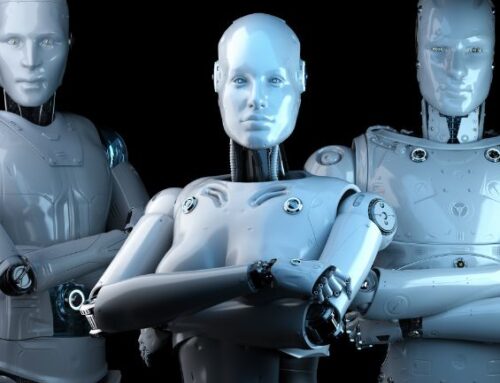John Carpay:
 If globalism means free trade and voluntary cooperation between countries, it can be a good thing. For example, doctors and scientists from different countries can share their research with each other and collaborate on creating life-saving medications. It makes good economic sense to buy coffee and bananas from tropical countries, rather than trying to grow those crops in Canada in expensive greenhouses.
If globalism means free trade and voluntary cooperation between countries, it can be a good thing. For example, doctors and scientists from different countries can share their research with each other and collaborate on creating life-saving medications. It makes good economic sense to buy coffee and bananas from tropical countries, rather than trying to grow those crops in Canada in expensive greenhouses.
However, if globalism means giving power and authority to unelected, unaccountable global elites, then globalism can lead to the horrors of Soviet Communism and Nazi Germany being imposed on the entire world, rather than being imposed on only one country or only one continent.
World government appeals to those who are so convinced of their own genius that they are not content to impose their beliefs on only one country. Rather, those who are wise in their own eyes want the whole world to benefit from their brilliance. If a world government imposes an ideology on the entire planet, ideologues no longer need to do the hard work of persuading eight billion people to implement a particular idea, policy, or law.
Human nature is flawed; people are capable of both good and evil. Likewise, the state can confer immense benefits but also inflict massive harms. In the 20th century, more people were murdered by their own governments than by wars between nations, as seen in Nazi-occupied Europe, the Soviet Union under Stalin, and communist China under Mao.
The principle of subsidiarity holds that decisions should be taken at the lowest possible level of government, and closest to the problem or issue that needs to be addressed. Garbage collection should be managed by the city, not the provincial or federal government. Canada’s Constitution recognizes the benefits of subsidiarity by giving provinces exclusive jurisdiction over things like “Property and Civil Rights in the Province” and “Generally all Matters of a merely local or private Nature in the Province.”
Federalism and democracy are two constitutional principles which, at least in theory, prohibit giving power to global elites. When respected by politicians and adhered to by judges, Canada’s Constitution should stand in the way of handing over our sovereignty to some form of world government.
Canada’s Constitution divides power between the two levels of government. Since 1867, the federal and provincial governments have fought in court to preserve their power and authority as allocated by the Constitution. Our Constitution divides all power as between the federal and provincial levels, so how could it be legal to hand over authority or sovereignty to some supranational body?
In addition to federalism, democracy is another foundational principle of Canada’s Constitution.
As explained by the Supreme Court of Canada in its 1998 Quebec Secession ruling: “a sovereign people exercises its right to self-government through the democratic process” and “the democracy principle can best be understood as a sort of baseline against which the framers of our Constitution, and subsequently, our elected representatives under it, have always operated.” Democracy recognizes the supremacy of the sovereign will of a people, who freely elect legislative bodies at the federal and provincial levels. Citizens have the right to participate in the political process as voters and as candidates because the consent of the governed is needed to have a free and democratic society.
The rule of law is another constitutional principle that helps to provide Canadians with a stable, predictable, and ordered society in which to conduct their affairs. Along with federalism and democracy, the rule of law “provides a shield for individuals from arbitrary state action.”
All of the above should mean that an unelected international body cannot impose laws on Canadians. It should mean that neither federal politicians nor provincial politicians can give authority to a supranational body that is not directly accountable to Canadians.
However, the constitution of a country is only as good as the people (including politicians and judges) who live in that country. The key to preserving a free society is for citizens to be virtuous and responsible. Tyrants can only rule over servile subjects; passive peasants look to tyrants for guidance on how to live their lives. Tyrants cannot exert their tyranny over mature, thinking citizens who assume responsibility for their lives. More than the written words of Canada’s Constitution, it is Canadians themselves who will determine whether we preserve our sovereignty in the face of global elites who seek to destroy democracy and the rule of law.
John Carpay is president of the Justice Centre for Constitutional Freedoms.




